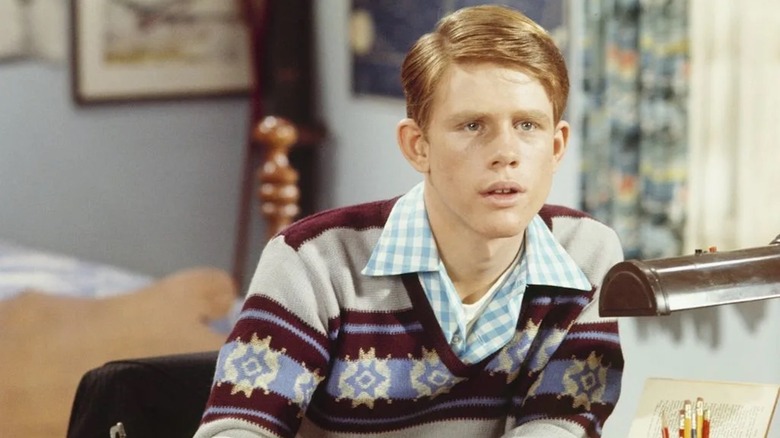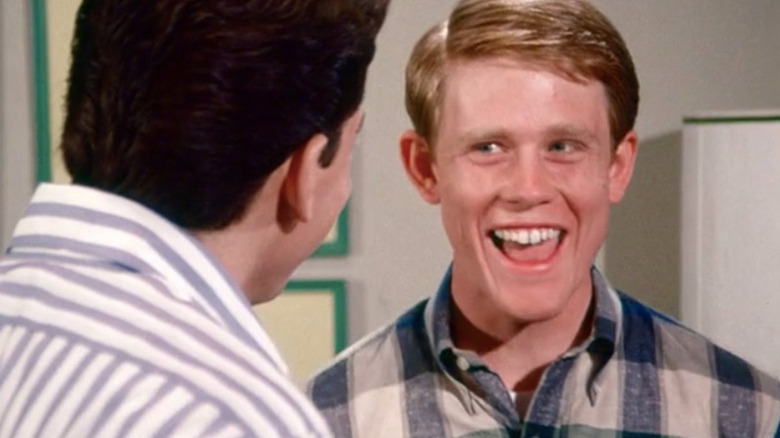Ron Howard was five years old when he made his film debuted by Anatole Litvak in the 1959 Hungarian Revolutionary Drama, The Journey. A year later, the Red -Skamp was portrayed as Opy Taylor, the son of Mayberry, the North Carolina Sheriff Andy Teilor in the movie “Andy Griffith Show”, which turned him into an American kid’s brother. Television viewers watched Howard grows throughout the 60s, so they felt as if they had a touch of skin when he played a recent high school graduate Steve Bolander George Luke “American graffiti”. He then took away Richie Quinham’s role in the ABC Sitcom “Happy Days”, in which he seemed like a family. Everyone wanted Howard to be outstanding.
However, if everyone was honest with themselves, it was difficult to understand Howard’s actor’s career that lasted much longer than the “happy days”. He had a limited range and couldn’t seem to shake his Pipsqueak personality. Fortunately, Howard had become disinterested and had his eyes on the director. Before getting to Happy Days, he had joined the film school of California at the South University. Actually, Howard almost returned to USC Initially, “happy days” when the series was retolished due to rating battles.
As long as Howard stuck on Sitcom until his contract was over, he managed to run the movie while still photographing the show (1977 Grand Theft Auto) and did not waste time to start a full -time movie -making career when he was free from all over ” happy day “commitments. He was extremely good for him (he got the best director Oscar for the “beautiful world in 2002)), but you might be surprised to learn that he refused to develop his position by leading one” Happy Days “episode.
Ron Howard was focused on making feature films
When Howard appeared Smartless podcast Together with Jason Bateman, Will Arnet and Sean Hajes in 2020, he discovered that his interest in leading aroused his early -day “Andy Griffith Show” kit. As he said in the trio:
“I was able to be part of this show and participate in the process that included camera operators. At some point, I realized that the director was the one who had somehow hanging out with everyone, had to play with everyone.
Until the seventies, Howard was smart enough to understand the difference between a television episode and leadership, say, “graduate”. He desperately wanted to try his hand at the last, but he did not see the way to Mike Nichols’s masterpiece that occurs while driving on television sitcoms. Howard was also respectful His co -stars’ needs on “happy days” And didn’t want to go into a well -lubricated machine. Jerry Paris was the leadership of the series, and according to Howard, he knew better than anyone to deliver what viewers demanded from the show.
Howard’s patience paid off, and until he never led the classics at the “graduate” level, at least we have “EDTV” and that it is not poverty!






